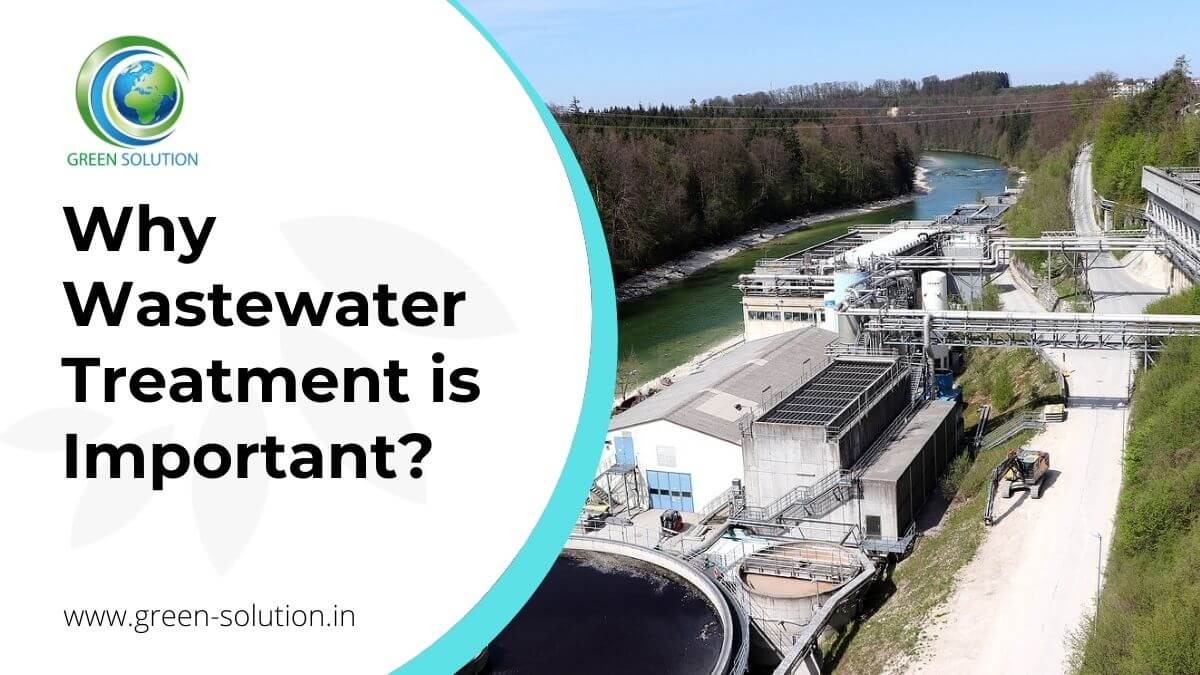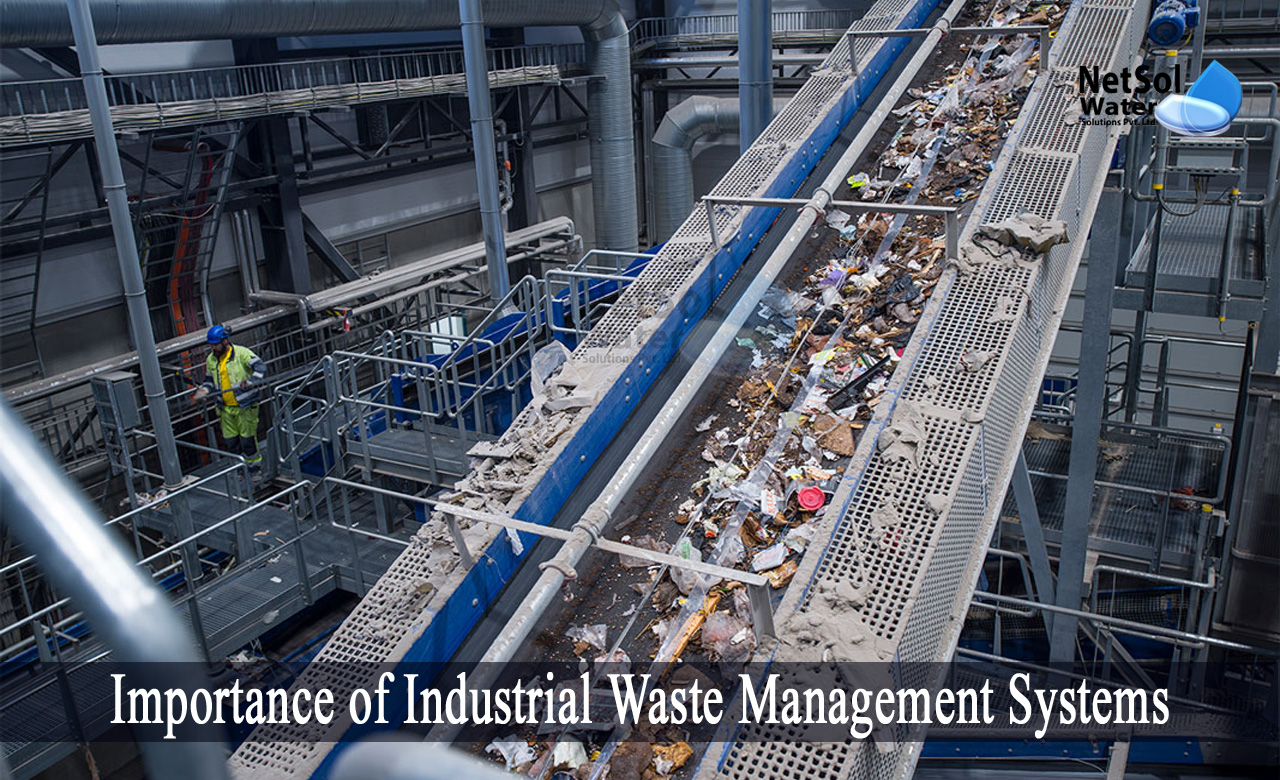Reclaim Waste for Beginners
Reclaim Waste for Beginners
Blog Article
Getting My Reclaim Waste To Work
Table of ContentsGetting The Reclaim Waste To WorkThe 5-Second Trick For Reclaim WasteSome Known Factual Statements About Reclaim Waste The Best Strategy To Use For Reclaim WasteThe 5-Second Trick For Reclaim Waste
Residential sewer waste refers to the waste and products from a residential septic container. The correct monitoring and disposal of domestic sewage waste call for fluid waste to be transferred to a sewage treatment plant where the proper approaches and devices are applied to purify and dispose of waste.
Commercial waste typically includes possible threats, such as flammable products or a mixture of fluid and strong waste products, and requires an advanced and comprehensive disposal process. The disposal of business waste commonly involves the filtering of waste before transportation to ensure risk-free and proper disposal. Hazardous waste is developed from by-products and overflow of commercial procedures and manufacturing.
This sort of waste can not use the same sewage monitoring transportation or processes as septic or commercial fluids. The hazardous waste administration procedure requires the assessment and screening of fluid waste before it goes through the disposal procedure (liquid waste removal). Drainage waste is the liquid waste that comes from runoff and excess stormwater in highly populated locations or cities
Runoff waste can cause contamination and flooding otherwise dealt with appropriately. Discover extra about sewage system cleaning and waste administration. Making sure correct waste monitoring can stop calamities and lower ecological harm. Both individuals in household settings and professionals in business or manufacturing markets can take advantage of recognizing the procedures and policies of fluid waste administration.
Fascination About Reclaim Waste
Get in touch with PROS Services today to find out about our waste administration and disposal solutions and the appropriate methods to take care of the liquid waste you create.
(https://reclaimwaste1.mystrikingly.com/blog/efficient-liquid-waste-disposal-in-melbourne-why-reclaim-waste-is-your-go-to)Do you understand what takes place to your water when you end, flush the bathroom or drain the cleaning machine? No? Well, it deserves understanding. This so-called 'wastewater' is not only a vital resource however, after treatment, will be released to our land, rivers or the sea. Utilized water from bathrooms, showers, baths, kitchen sinks, washings and industrial procedures is understood as wastewater.

water made use of to cool equipment or clean plant and devices). Stormwater, a form of wastewater, is overflow that streams from farming and urban locations such as roofs, parks, yards, roads, paths and rain gutters into stormwater drains pipes, after rainfall. Stormwater flows unattended directly to regional creeks or rivers, eventually getting to the sea.
See This Report on Reclaim Waste
In Queensland, most wastewater is dealt with at sewage treatment plants. Wastewater is transported from residential or commercial sites with a system of sewage systems and pump terminals, referred to as sewerage reticulation, to a sewer treatment plant. Regional governments build, keep and operate most sewage treatment plants. Operators are certified under the Environmental Protection Act 1994 to release cured wastewater at an acceptable environmental requirement into waterways.
The Department of Natural Resources encourages city governments regarding handling, operating and preserving sewerage systems and therapy plants. In unsewered locations, city governments might need householders to mount specific or house sewer treatment systems to treat domestic wastewater from commodes, cooking areas, washrooms and washings. The Department of Natural Resources authorizes the use of house systems when they are verified to be reliable.
Most stormwater receives no treatment. In some brand-new site communities, therapy of some stormwater to remove litter, sand and gravel has begun using gross contaminant catches. Wastewater treatment occurs in four stages: Gets rid of solid matter. Larger solids, such as plastics and other things mistakenly discharged to sewers, are removed when wastewater is passed via displays.
Utilizes little living microorganisms knows as micro-organisms to break down and remove continuing to be dissolved wastes and fine bits. Micro-organisms and wastes are included in the sludge.
All about Reclaim Waste
Nutrient removal is not available at all sewer treatment plants due to the fact that it needs expensive specialized devices. Clear fluid effluent produced after therapy might still have disease-causing micro-organisms - liquid waste removal.

This typically implies wastewater needs to be dealt with or impurities gotten rid of prior to it can be discharged to waterways. Most wastewater flows into the sewerage system. Under the Act, city governments provide authorizations and permits for ecologically appropriate tasks (Periods) entailing wastewater releases that could have a regional impact. The department administers approvals and licences to Ages involving wastewater launches that could have a regional or statewide effect.
Fascination About Reclaim Waste
Otherwise, samples are taken for lab evaluation. Usually several examinations are required to establish the levels of each of the different contaminants such as oils, heavy metals and chemicals in water. Monitoring gives factual info concerning water quality and can verify that permit problems are being satisfied. The information acquired with tracking provides the basis for making water top quality choices.
Report this page